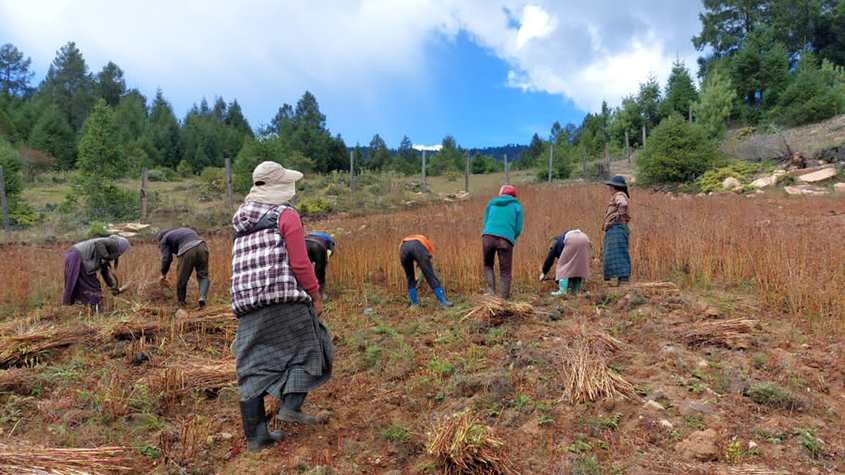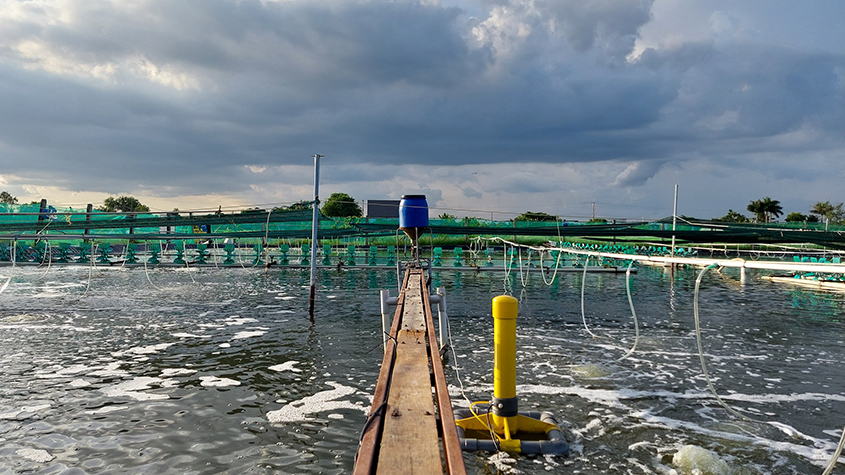IP Management Clinic for SMEs Program
The Intellectual Property Management Clinic for SMEs Program (IPMC) is a four-month program that supports innovative companies in formulating their IP strategies based on their business plan and intangible assets portfolio.
The program focuses on the IP-related aspects of the companies' product or technology across its business cycle, both from the perspective of an IP rights holder and of a user of third parties’ IPRs. The selected companies receive support to better manage and use their IP through personalized, one-on-one mentorship, expert advice and training.
Featured

IP Strategy Checklist for SMEs
Need help with your company's IP assets? Use our step-by-step IP strategy checklist to start you off.





